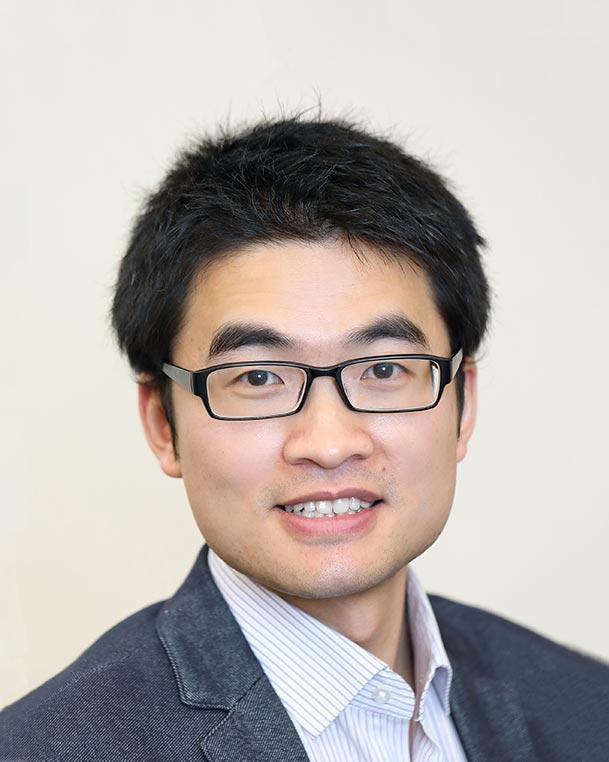
Jun Zhong, Ph.D.
NCI Shady Grove | CRL/3120
Jun Zhong, Ph.D., joined the Laboratory of Translational Genomics (LTG) as a postdoctoral fellow in the laboratory of Laufey Amundadottir, Ph.D., senior investigator, in 2017 and was promoted to research fellow in 2022. Dr. Zhong completed his Ph.D. in bioinformatics at the Beijing Institute of Genomics (BIG), University of Chinese Academy of Sciences (UCAS) in 2014. His thesis focused on whole-genome sequencing (WGS), de novo assembly, and resequencing applications of large-scale biological data. After his Ph.D., Dr. Zhong continued at BIG as a research associate and focused primarily on applications of single-molecule real-time sequencing technology (SMRT, PacBio) in human infectious diseases through pan-genome and precision methylome approaches.
Dr. Zhong's primary research areas include bioinformatics and tumor genetics/genomics, focusing on (1) developing pancreatic cancer risk prediction models (using polygenic risk scores and non-genetic factors), (2) genetic susceptibilities through extensive multi-omics approaches (e.g., genome and transcriptome-wide association studies (GWAS/TWAS)), and (3) exploring tumorigenesis drivers in accessible chromatin regions and cis-regulatory elements. Notably, Dr. Zhong spearheaded a significant collaborative TWAS, identifying 14 novel genes linked to an increased risk of pancreatic cancer. This work received considerable recognition, including an editorial highlight in the Journal of the National Cancer Institute. His accolades include the NIH DCEG Intramural Research Award, two NIH Fellows Awards for Research Excellence, and a Summer Research Mentor Award. He also serves as an Editorial Board Member for BMC Medicine and a Youth Editor for The Innovation.